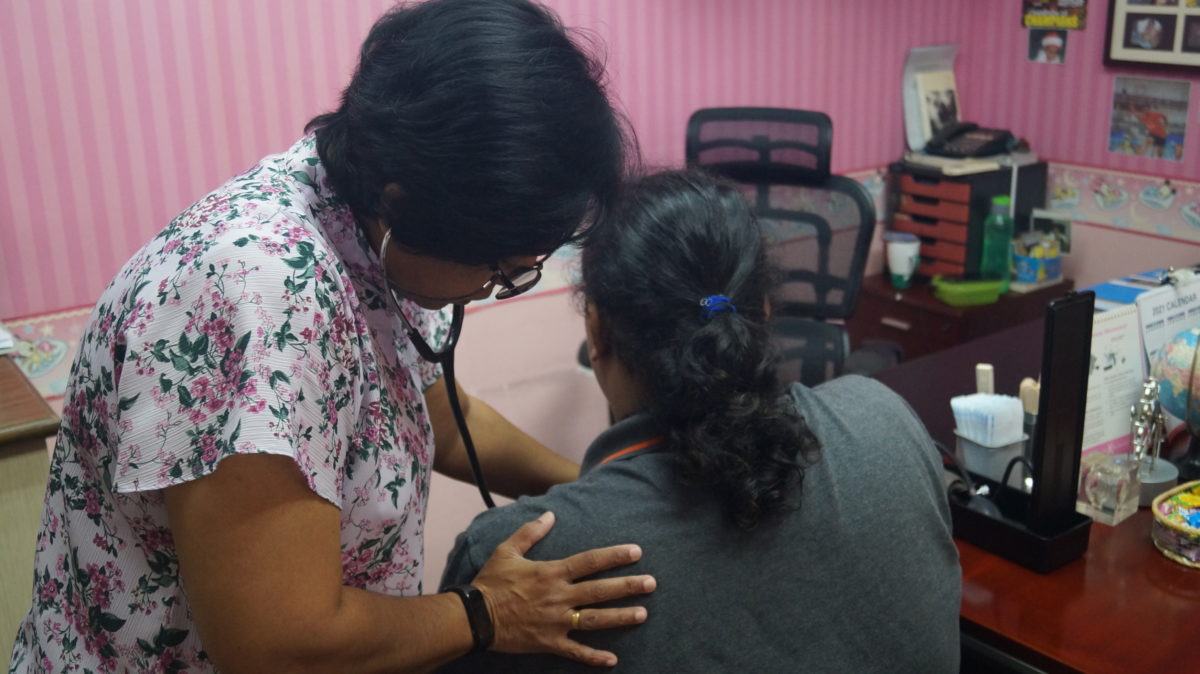KUALA LUMPUR, Feb 12 — An estimated 13 per cent increase in medical claims was recorded last year due to soaring medical inflation, insurance companies said.
The General Insurance Association of Malaysia (PIAM), a national trade association for companies providing general insurance, said insurance companies, generally, may reasonably price an inflation rate of six to eight per cent to cover medical inflation.
But PIAM chief executive officer Mark Lim noted that Malaysia has experienced one of the highest medical inflation rates in the Asean region in recent years.
“As a result, insurance companies have had to revise their premiums upwards,” he said in a letter to The Star Online today.
According to Aon’s 2019 Global Medical Trend Rates Report, Malaysia was the only country in Southeast Asia projected to experience double-digit medical inflation in 2019, hitting 13.6 per cent compared to 12.4 per cent in 2018. The 2019 projected medical inflation rate was almost 5.7 times that of the general inflation forecast of 2.4 per cent.
The Aon report did not explain the factors driving Malaysia’s medical inflation, but listed hospitalisation as the most important element in medical plan costs globally at 90 per cent.
Lim said while consumers are facing the challenge of rising medical costs, insurance companies are finding it equally difficult to offer products that are beneficial to them and yet are still affordable.
“If the growth of medical cost inflation continues to go up, it will eventually affect consumers’ affordability and accessibility to medical insurance protection.
“This would lead to increasing numbers of people seeking treatment in public hospitals, adding to the already heavily subsidised public healthcare bill and causing much strain on the government’s coffers,” he noted.
He said price transparency is necessary so that consumers are able to make informed choices on the cost of treatment they are seeking, and welcomed the government’s decision to deregulate private health physicians’ consultation fees and to mandate up front disclosure of the fees.
“We believe that this should be extended to charges of common medical procedures in all private hospitals,” he added.
Lim said private hospitals in Malaysia should publish their actual average costs, as what is currently being practised in some countries.
“At the same time, we hope the Health Ministry will expedite the establishment of benchmark prices for drugs and pharmaceutical supplies,” he said. “These are essential items to patients and should be made affordable to the public.”
Lim’s letter was in response to an anonymous letter published on The Star Online that noted that insurance premiums were expected to increase by 30 per cent this year, as reported in the media recently.
“I am sure most medical insurance policyholders did not see this coming as insurance premiums recorded a 12 per cent to 15 per cent increase just three years ago (2017),” the letter stated.
The writer also claimed that one of the reasons for Malaysia’s high medical costs is “absurd charges” by private hospitals, especially on registration and medication.
The letter claimed that registration fees for outpatient treatment had increased from RM5 to RM6 in 2017 and is currently RM8, while a box of 100 salofalk tablets costs RM330 at a medical centre in Petaling Jaya but goes for only RM195 at an unnamed pharmacy.








